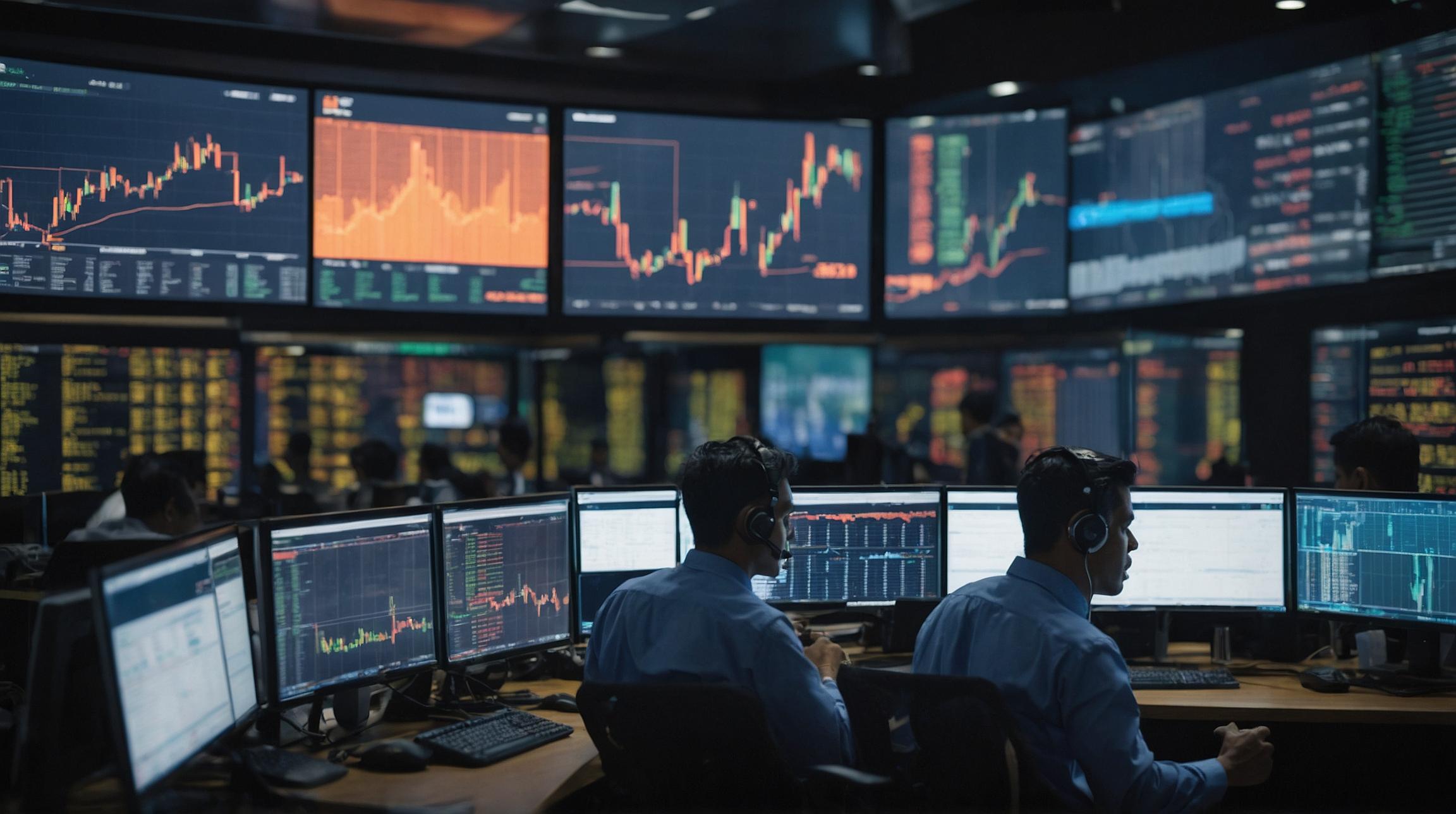AI’s Limited but Not Insignificant Impact on Employment Amid Economic Headwinds
Despite concerns about artificial intelligence (AI) disrupting the labor market, experts emphasize that recent job market challenges stem largely from broader economic uncertainty rather than AI alone.
Cory Stahle, senior economist at job search platform Indeed, noted, “AI’s impact on the labor market has still been fairly small,” while cautioning that this does not mean the effect is zero.
Career coach Mandi Woodruff-Santos echoed this sentiment, attributing job market softness more to economic unpredictability than AI-driven disruptions.
Current Job Market Conditions
The U.S. labor market showed signs of strain in August, with only 22,000 jobs added—far below the 75,000 forecast by economists surveyed by Dow Jones. The unemployment rate edged up to 4.3%, indicating a cooling labor environment.
Workers are exhibiting behaviors such as “job hugging,” clinging to existing roles amid uncertainty, while others display “quiet cracking,” characterized by disengagement and declining performance, according to reports from Korn Ferry and TalentLMS.
Woodruff-Santos highlighted the cautious hiring climate, noting, “No business knows what the heck the Trump administration is going to do next with the economy,” which has led companies to adopt conservative staffing strategies.
AI’s Sector-Specific Effects
While some layoffs have been connected to AI adoption, these remain concentrated in the technology sector. Salesforce’s CEO Marc Benioff recently disclosed the elimination of roughly 4,000 customer support positions due to AI advancements.
Research from Stanford University indicates that early-career workers (ages 22 to 25) in occupations highly exposed to AI have experienced a 13% decline in employment. Conversely, mid-career employees and those in less AI-exposed roles have seen stable or increased employment levels.
The study attributes these declines mainly to roles where AI is likely to automate tasks rather than augment human labor.
However, the tech industry comprises only about 5.8% of the total U.S. workforce, per a March 2025 analysis by CompTIA, underscoring that AI-driven layoffs currently pose limited risk to the broader job market.
Stahle emphasized that for AI to present a significant threat to employment, its disruptive effects must extend beyond technology sectors into areas like retail and marketing.
Growing Demand for AI Skills and the Future of Work
A recent Brookings Institution report suggests AI is more likely to augment human workers rather than replace them entirely, with employers potentially favoring retraining over layoffs.
Indeed’s Stahle observed an increasing demand for AI-related competencies, highlighting the importance for workers to familiarize themselves with AI applications in their fields.
Woodruff-Santos advised professionals to proactively engage with AI tools and training opportunities, stating, “You’d be foolish not to do the research into your own field and understand how AI can be a tool in your industry.”
FinOracleAI — Market View
The current assessment indicates a neutral short-term market impact from AI-related labor developments. While AI-driven layoffs are concentrated in the tech sector, their limited scale and the broader economic uncertainty overshadow AI’s direct influence on employment trends. Key risks include potential acceleration of AI adoption across other industries, which could amplify workforce disruptions. Investors and policymakers should monitor cross-sector AI integration and labor market indicators to gauge evolving impacts.
Impact: neutral













